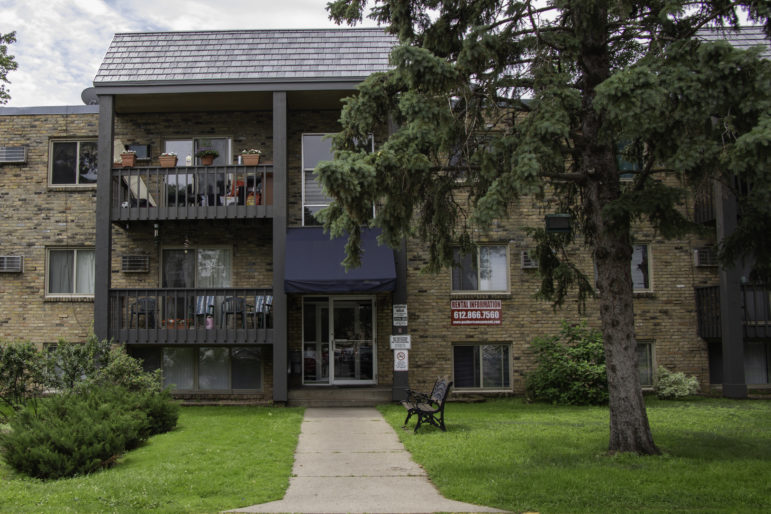 Every year, our state’s housing finance authority, Minnesota Housing, releases its Affordable Housing Plan for public comment. The plan directs the agency’s business investments for the upcoming year and outlines program and policy initiatives, including allocation of financial resources.
Every year, our state’s housing finance authority, Minnesota Housing, releases its Affordable Housing Plan for public comment. The plan directs the agency’s business investments for the upcoming year and outlines program and policy initiatives, including allocation of financial resources.
Fresh Energy is working to ensure that energy efficiency is included when long-term affordability in housing is considered. According to the Department of Energy, the average Minnesotan pays just over $3,000 every year in energy costs (2012 data). After housing expenses, energy-related expenditures make up a significant portion of most families’ budgets—and can be especially burdensome for renters and low-income households. A 2016 report by Energy Efficiency for All and the American Council for an Energy Efficient Economy found that one quarter of low-income households in Minneapolis spend over 8 percent of their income on energy utility costs. Additionally, the report found that 42% and 68% of the excess energy burden for African-American and Latino households “was due to inefficient homes.” And for renters, 97% of their excess energy burden can be attributed to energy inefficiency in their homes.
This year, Minnesota Housing’s draft Affordable Housing Plan for 2019 included significantly less discussion of energy, energy efficiency, and energy conservation compared to the 2018 approved plan. While the original draft plan anticipated increased funding for the Home Improvement Loan Program and maintained the Rehabilitation Loan Program’s 2018 funding level, the proposed plan didn’t include specific strategies to make targeted investments in energy efficiency and energy conservation in low-income homes and affordable housing.
With our partners at the Natural Resources Defense Council and the Midwest Energy Efficiency Alliance, both members of the Minnesota Multifamily Affordable Housing Energy Network (MMAHEN), Fresh Energy prepared public comments to encourage the state to consider a stronger inclusion of energy efficiency in the 2019 Affordable Housing Plan. We are pleased to report that Minnesota Housing took our recommendations seriously and renewed their commitment to energy efficiency. In the final version of the 2019 Plan, the state recognizes its continued responsibility to promote energy efficiency in housing, including an on-staff Energy Fellow, a dedicated staff person who helps connect developers, building owners, and property managers with rebates and incentives, tools to track energy usage, and other resources.
We are pleased to see this ongoing commitment from Minnesota Housing to encourage energy efficiency in housing and applaud Minnesota’s continued leadership in eliminating barriers for all Minnesotans to benefit from affordable energy policies. Fresh Energy’s team of policy experts will continue to advocate for improving the energy efficiency of our homes and apartments, reducing the energy burden for low-income families—creating healthier, more comfortable living environments.
